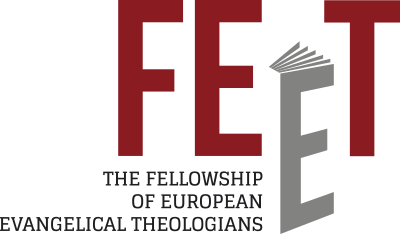A Land Like Your Own
In 2 Kings 18 we read about Sennacherib’s military campaign to Judah in 701 B.C. Having conquered the fortified city of Lachish, a siege that was depicted in reliefs discovered at Sennacherib’s palace at Nineveh and now displayed at the British Museum, he sent an army to Jerusalem with a message to King Hezekiah. In his message, the Assyrian king warns the people of Jerusalem to trust in the Lord, for who are they to withstand the great Assyrian gods?
Do not listen to Hezekiah, for thus says the king of Assyria: ‘Make your peace with me and come out to me. Then each one of you will eat of his own vine, and each one of his own fig tree, and each one of you will drink the water of his own cistern, until I come and take you away to a land like your own land, a land of grain and wine, a land of bread and vineyards, a land of olive trees and honey, that you may live, and not die. And do not listen to Hezekiah when he misleads you by saying, “The LORD will deliver us.” (2 Kings 18:31-32)
This is a historical event, and we should always be reticent to spiritualize too much when interpreting OT narratives. But there are a few aspects of Sennacherib’s message that I think are worthy of being considered in a spiritual fashion.
Firstly, he invites Jerusalem to “make your peace with me” and secondly, he invites her to go to “a land like your own land”. I think these two phrases point us to dangers that Evangelicals all over Europe are facing on a regular basis. God’s enemies, the Sennacheribs of this world, are stretching out their hands to us with an invitation to make peace: “Come! Eat and drink from my land and what I have to offer.” They tempt us to make peace with them by offering a temporary calm. “If you just stop teaching that sin is a real thing, that repentance and forgiveness are necessary and that Hell is a reality, you won’t get such bad press.” “If you just make peace with the LGBT agenda and accept it, people will run to your churches.”
This quiet calm is followed by an invitation to move to Sennacherib’s land – to the land of God’s enemies. It is a land “like your own land”. Church history shows us that the most dangerous and harmful heresies were those that most resemble the truth. A false gospel also speaks about grace. But it tends to speak about grace without repentance, of the kind that Bonhoeffer called “cheap grace”.
The dangers vary slightly depending on the context, but as Christians we face the same enemy. Satan is real and his army is powerful. He has sent his emissaries with his invitation to make peace with him and eventually to move to his land, a land and a kingdom that resembles our land.
Hezekiah did the one right thing. He went to the Lord. He realized that this was an enemy way stronger than his own army and that Jerusalem’s defences wouldn’t be able to withstand the Assyrians. In the end Hezekiah experienced God’s power and faithfulness. Jerusalem was protected and didn’t fall to the Assyrians.
Be sober-minded; be watchful. Your adversary the devil prowls around like a roaring lion, seeking someone to devour. Resist him, firm in your faith, knowing that the same kinds of suffering are being experienced by your brotherhood throughout the world. And after you have suffered a little while, the God of all grace, who has called you to his eternal glory in Christ, will himself restore, confirm, strengthen, and establish you. To him be the dominion forever and ever. Amen. (1 Peter 5,8-11)

